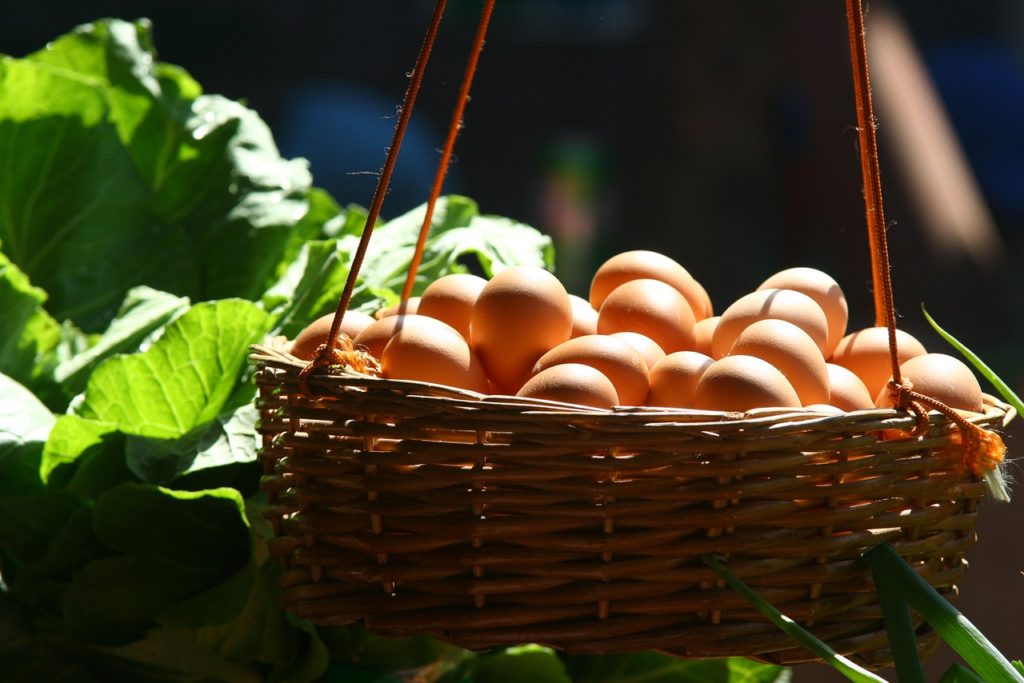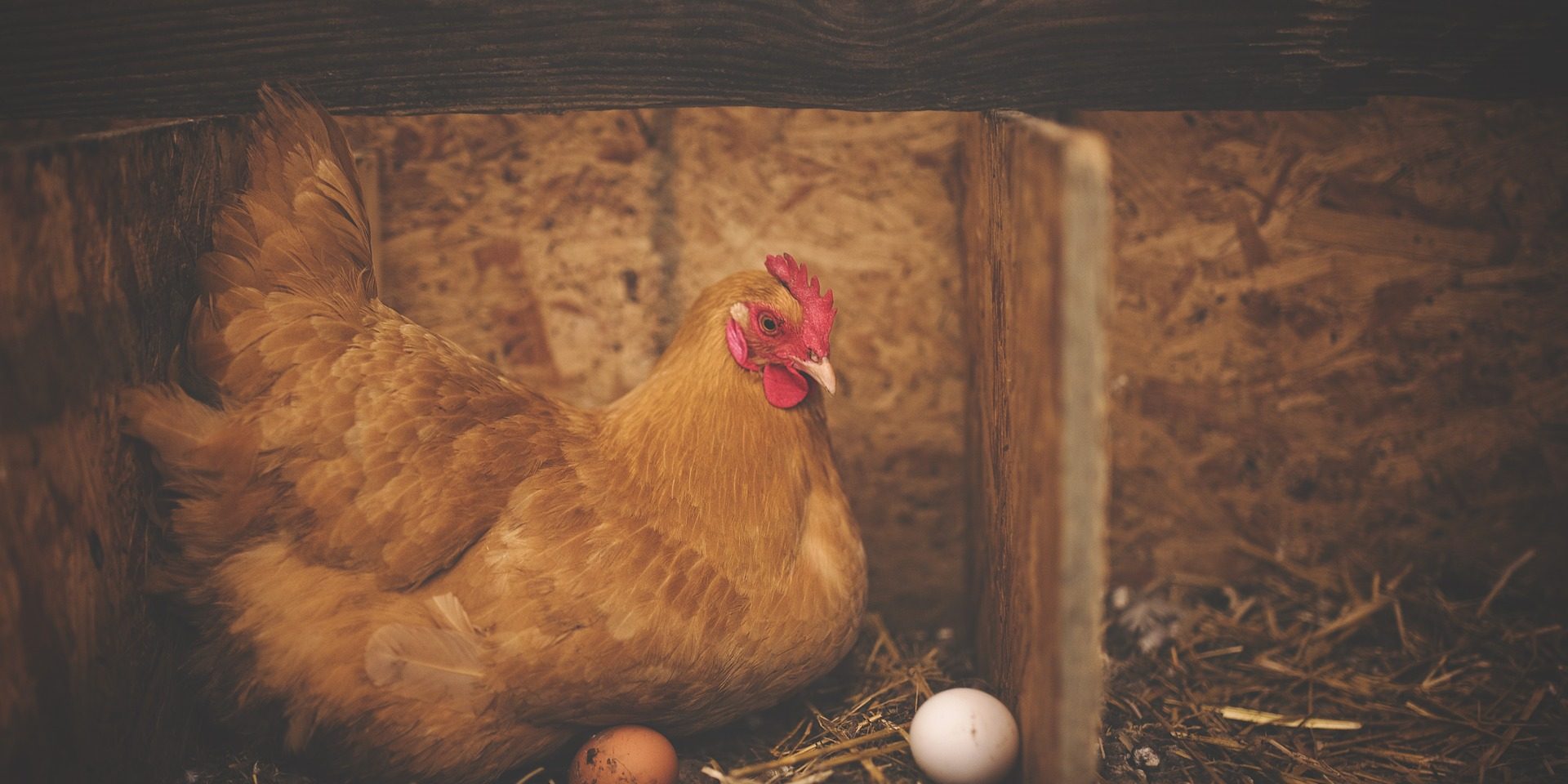How to preserve eggs without electricity? Before we answer this question, let’s see why eggs are important to our alimentation.
One egg provides you with 75 calories, 7 grams of protein, 5 grams of fat, and 1.6 grams of saturated fat, along with several nutrients like iron, vitamins, and minerals.
As they provide an easy source for protein, eggs are a key component of the homesteader’s diet.
So how can you store them for up to 8 months without refrigeration?
Here are 3 guidelines to follow before storing your eggs:

Don’t wash them: Eggs have a natural protective layer called the bloom. Its role is to protect the developing chick from external bacterias. Washing your eggs will remove this protective part and expose them to external harm.
Pick the best: This is a general prepping rule we follow in any storage situation. Store only the best products, especially when it’s fragile aliments like eggs.
Quality Testing: When you decide to consume your stored eggs, always test them with the float test to be sure that they are edible.
Fill a container with cold water and submerge your eggs, those who sink are good to eat, those who floats are good for the trash can.
How to preserve eggs without electricity:
These are techniques that were used a long time ago, we’re talking about the 18th century. Prepping techniques from this time are very efficient because they don’t rely on electricity.
Here’s a resume of how you can preserve eggs without electricity:
- Store them in salt
- Store them in wheat bran
- Coat them in Shellac or Varnish
- Coat them with oil or fat
- Bury them in wood ash
- Preserve them in slaked lime
These are just a few of the lost food techniques used by our ancestors.
Conclusion:
Our last advice is to really try these techniques with your eggs and see the results for yourself. Don’t rely only on our modern refrigeration techniques.
The goal is to become more independent. If you want to preserve more foods in your pantry, here are the longest-lasting food to store.
Practice makes perfect.






